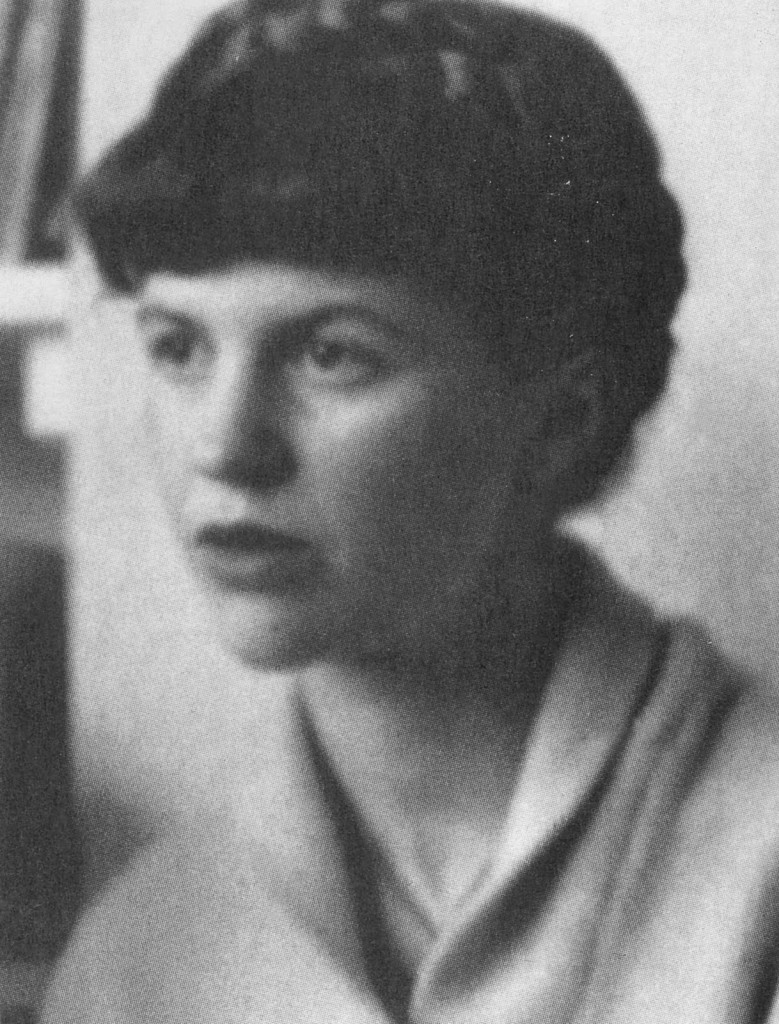R.I.P. poet Anne Stevenson (1933-2020): on writing poems with “something like a pulse”
Wednesday, September 16th, 2020
A woman with “a whim of iron.” Photograph © Carrie Hitchcock
When I saw my friend Anne Stevenson‘s poem “How Poems Arrive” in The Guardian some days go, I had planned to ask her permission to republish it on the Book Haven. I was delayed, and as it turns out, delayed too long. Anne died yesterday, at 87. The poem I had intended to republish as a celebration of her, is now “In Memoriam.” The British American poet died Monday morning, presumably at her home in Wales. The only obituary to date is in The Telegraph, behind a paywall. [Update: Anne’s publisher tells me she died in her Durham home after a brief illness.]
I spent a week at the 17th century home in rural Wales, where she lived with her husband, Peter Lucas. I wrote about it here. She was an alumna, as I am, of the University of Michigan. But we met in Durham, where I visited her beautiful flat near the Norman-era citadel and cathedral on the River Wear. Later, I published a long Q&A with her over at the Cortland Review.
An excerpt:
CH: In your rather crusty on-line response to Poetry Society of America’s “What’s American About American Poetry?”—a questionnaire sent to 300 American poets—you said there was “Too much talk, too much hype, too much putative democracy, too much ignorance, too much self-indulgence, too much encouragement, too much follow-the-leader conformism, too much self-consciousness, too much seek-to-establish-your-identity, too much theory of language, too much academic anxiety, too many writing programmes, too many king-and-queen-making critics, too many competitions (mediocrity assiduously crowning mediocrity); enfin, too many poets.”
Would you care to elaborate?
AS: Too often when I read new poetry, English or American, it all sounds alike. There are few individual voices. And the poems tend to be one- or two-dimensional, ignoring subtleties and nuances. Plop, plop, plop—in the indicative mood, allowing for few shadings or innuendoes. You don’t have to say everything you mean in a poem. In America, especially, there is too much earnestness around and very little word play. Get the words right, and the earnestness will take care of itself.
Nowadays, of course, “creativity” is a fashionable word. I once heard Hugh McDiarmid say outright, “Don’t encourage them; discourage them.” I tend to agree. I sometimes wonder if workshops actually do much good. Everybody’s so afraid of hurting each other’s feelings. Good criticism means you have to hurt people’s feelings. Poetry isn’t just a matter of learning technical tricks. Since most of the poetry people bring into workshops is personal and sloppy, applying “group technique” to it encourages a negative approach. I mean, you learn primarily what not to do: not to overuse adjectives, not to fall back on cliches, not to be sentimental, and so on. Unfortunately, this communal process of cleaning poems up and polishing them for publication results too often in just what you’d expect: processed poetry that lacks individuality and passion, or as Frost put it, “That Wildness whereof it is made.”
And then, the social categorization so ubiquitous today is destructive: women, race, class, age groups. Elizabeth Bishop remarked to me once that if you don’t stay well away from the gray world of ideology and theory, you will never become a poet. Emily Dickinson—not a bad thinker, you’ll agree?—developed her ideas through an acute awareness of what was around her in the world, whether it was a fly or a flower.
CH: Why do you think there are there so many poets today?
AS: Because they are given jobs—academic jobs in creative writing! I admire Dana Gioia in the way I admire Wallace Stevens because I, too, believe that if you’re good at writing poems, that’s something you do for love. As Frost wrote, poetry is both a vocation and an avocation. Dana, I realize, does lots of organizing and journalism to make a living, but he began as a businessman-amateur. You should say somewhere in the course of this interview that, in my view, Dana has done a great deal for poetry in America by single-handedly taking meretricious power-seeking by the scruff of the neck and shaking it, and, boy, did it need shaking! Perhaps now, though, he should think about quitting the battlefield for a while and go back to his plough. That’s one trouble with the American way of success—you get going on one of these high-flying swings and you can’t jump off. It’s amazing to me: I never would have been able to maintain the kind of schedule Dana does. Here I am, exhausted today after a single reading in Grassmere last night.
You’re going to have a hell of a job putting this interview together. But I hope you’re at least making some sense out of my mutterings.
[Stevenson goes to a bookshelf, gets a copy of 1998’s Five Looks at Elizabeth Bishop.] You know, I think this book is better—at least it means more to me—than Bitter Fame. As you know, I was impressed and influenced by Elizabeth Bishop far more than I was by Sylvia Plath. Goodness, Bitter Fame was a struggle! After writing it, I became disillusioned with the so-called poetry scene both in England and in the States—so much commercial betting and marketing goes into it, so much taking up with this poets’ group or that.
CH: You have decried “poetry’s decline in the greater, sacred world of what matters.”
AS: In the long run, I suppose one has to say that, these days, poetry isn’t important to most people. Then you see that it actually is important, but to comparatively few. First you have to understand how little—materially—it matters. Like any art, the real stuff comes about through our human confrontation or quarrel with ourselves as Yeats said, but in later life, serious poets have to find and explore that “sacred world of what matters” pretty much for themselves.
Dana Gioia has dedicated poems to others. It’s nice to see that, in The Guardian, Anne dedicated a poem to him. Here’s what she had to say about the process of poem-writing: “So writing a poem is like conducting an argument between your unconscious mind and your conscious self. You have to get unconsciousness and consciousness lined up in some way. I suspect that’s why working to a form, achieving a stanza, and keeping to it—deciding that the first and third and fifth lines will have to rhyme, and that you’re going to insist on so many stresses per line—oddly helps the poem to be born. That is, to free itself from you and your attentions to it and become a piece of art in itself. Heaven only knows where it comes from! I suppose working out a form diminishes the thousands of possibilities you face when you begin. And once you’ve cut down the possibilities, you can’t swim off into the deep and drown. Well, it’s a very, very strange process.” Read my whole interview here. Read the poem below, from her 2020 collection Completing the Circle (republished with permission from Bloodaxe Books):
How Poems Arrive
For Dana Gioia
You say them as your undertongue declares,
Then let them knock about your upper mind
Until the shape of what they mean appears.
Inaccurate emotion – as intense
Like love, they’re strongest when admitted blind,
Judging by feel, feeling with sharpened sense
While yet their need to be is undefine
As action sponsored by adrenaline –
Feeds on itself, and in its own defence
Fancies its role humanitarian.
But poems, butch or feminine, are vain
And draw their satisfactions from within,
Sporting with vowels or showing off a chain
Of silver els and ems to host displays
Of intimacy, or blame, or joy, or pain.
The ways of words are tight and selfish ways,
And each one wants a slot to suit its weight.
Lines needn’t scan like this with every phrase,
But something like a pulse must integrate
The noise a poem makes with its invention.
Otherwise, write prose. Or simply wait
Till it arrives and tells you its intention.















